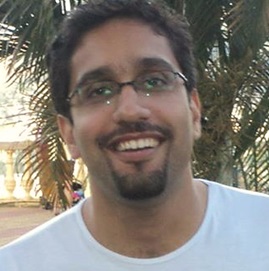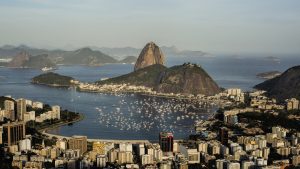Rio de Janeiro is a highly urbanized coastal city, where the marine environment is ecologically and economically important for fishing, boating and leisure activities, among many others. Despite this, Rio's coastal and marine waters are highly impacted by industrial and urban pollution, landfills, vessels and the activities we develop in coastal ecosystems and the surrounding areas.
Considering the increased frequency of release of urban pollutants and the intensification of climatic events, it is important to monitor and evaluate the health of coastal and marine ecosystems in order to have information that can guide the management and conservation of this territory. More important than monitoring and evaluation is to engage managers, academia and society in this discussion. For this, the Webinar: The Future of Rio’s Marine Ecosystems will bring together a team of experts to tell us what has been done about the situation of the coastal and marine ecosystems of Rio and discuss how we can increase the performance in favor of the health of these ecosystems and, being ambitious, the ecosystems throughout Brazilian coast.
The Webinar is a Satellite Activity of the Laboratory "A Predicted Ocean" of the Ocean Decade and aims to engage researchers, social actors and society in monitoring current conditions to generate models for predicting future conditions involving marine ecosystems, aiming at environmental quality, sustainable use and social well-being.
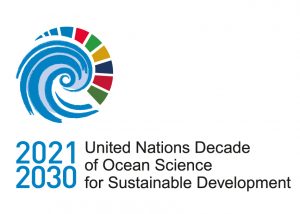
Check the Webinar!
The Webinar will be broadcast on our you.tube channel!
Date: September 16, 2021
Time: 14h30 BRT
Access here: Youtube OCEAN CHAIR
Go to our channel and activate the bell as not to miss the news.
Meet the participants
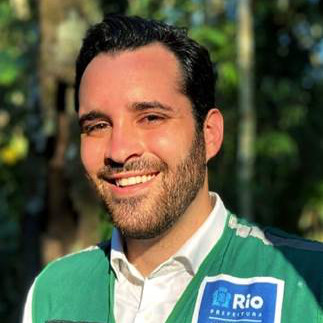
Eduardo Cavaliere
Mr. Cavalieri is the Secretary of the Environment for the City of Rio de Janeiro and national coordinator of CB27, the Brazilian capitals united in the search for solutions to environmental challenges.
Alexander Turra
Dr. Turra is a full professor at the Oceanographic Institute of the University of São Paulo (IOUSP) and coordinator of the UNESCO Chair for Ocean Sustainability, based at the Oceanographic Institute and the Institute of Advanced Studies of the University of São Paulo. He is a biologist with a Master's and PhD degree in Ecology from the State University of Campinas and a 1B scholarship in research productivity from CNPq. The work is focused on the exercise of interdisciplinary and integrated research, focusing on topics such as governance, integrated management and marine conservation, marine environmental impact, climate change, marine pollution (garbage in the seas) and marine biodiversity.
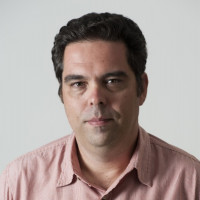
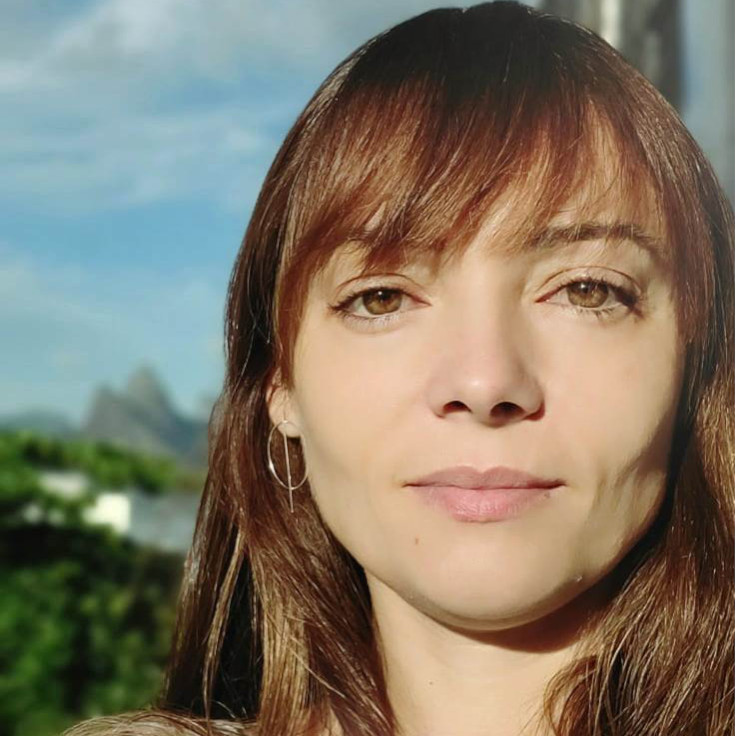
Simone Pennafirme
Dr. Pennafirme is a Post- Doctoral Researcher at Almirante Paulo Moreira Marine Research Institute from the Brazilian Navy. She is a Marine Biologist (UFF-Brazil), with a M.Sc. degree in Marine Biology (UFF-Brazil), and Ph.D. in Marine Biology (UFF and COPPE/UFRJ), using nuclear techniques to study marine ecosystems. Nowadays Dr. Pennafirme focuses on the use of new technologies for the three-dimensional mapping of the ocean. She is currently the Head of the Marine Life Centre - Secretariat for the Environment of Rio de Janeiro’s City Hall.
Priscila Lange
Dr. Lange is a Marine Biologist (UFRJ-Brazil), with a M.Sc. degree in Biological Oceanography (FURG-Brazil), Ph.D. in Earth Sciences (University of Oxford-UK), and post-doctoral research (NASA-USA) on remote sensing of phytoplankton and ocean optics. Dr. Lange is currently a visiting professor at the Department of Meteorology, UFRJ (Brazil) and integrates the Laboratory of Application of Environmental Satellites (LASA) using satellite remote sensing to study marine ecosystems.

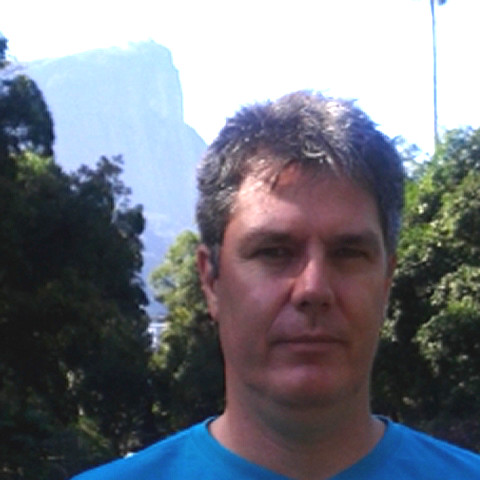
Mauro Cirano
Dr. Mauro Cirano is a Physical Oceanographer (PhD at University of New South Wales, Sydney, Australia), who is an Associate Professor at the Federal University of Rio de Janeiro. His research interests include the study of circulation processes in coastal and oceanic regions, both based on oceanographic data analysis and numerical modeling of the circulation. He is a member of the Brazilian GOOS and coordinates two operational oceanography programs which are endorsed by the UN Ocean Decade.
Gleyci Moser
Dr. Moser is a biologist, with a Ph.D. in Oceanography (Biological Oceanography) from the University of São Paulo (2002) and specialization in Microalgae Cultivation by the Provasoli-Guillard Center for Culture of Marine Phytoplankton (Boothbay-Harbor, Maine USA). Since 2008 she has been a professor at the Faculty of Oceanography at the State University of Rio de Janeiro (UERJ).
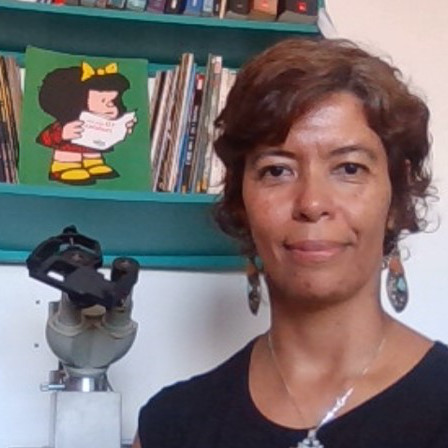
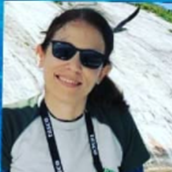
Tatiana Ribeiro
MSc. Ribeiro holds a B.Sc. in Biological Sciences from the State University of Rio de Janeiro and a M.Sc. in Ecology from the same university. Since 2002 he has been an environmental analyst at IBAMA and later at ICMBio, both Brazilian public institutions for environmental conservancy. She has worked in different cities and functions throughout her career and, since 2017, she has worked as manager of the Marine Protected Area Natural Monument of the Cagarras Islands, in Rio de Janeiro.
Luiz Constantino
M.Sc. Constantino holds a B.Sc. in Biological Sciences - Marine Biology Modality from the Federal University of Rio de Janeiro (2005), with a focus on artisanal elasmobranch fishing off the coast of the Municipality of Rio de Janeiro and M.Sc. in Zoology at the Graduate Program in Zoology (PPGZOO) - National Museum of Rio de Janeiro/UFRJ (2008), with fishing and fish ecology in Guanabara Bay. He acted as an independent consultant in the preparation of Environmental Impact Studies, Ichthyofauna Monitoring and fishing landings for artisanal fisheries. He is currently a Biologist at the State Institute of the Environment of Rio de Janeiro (Inea).

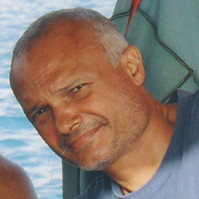
Abílio Soares Gomes
Dr. Soares-Gomes is a full professor in the Marine Biology Department, UFF (Brazil). He is a marine biologist, with a M.Sc. degree in zoology and Ph.D. in biological oceanography (USP-Brazil). Nowadays is the head of the Sediment Ecology Laboratory (EcoSed), Head of the Marine Biology Department and Co-head of the Graduate Program in Ocean and Earth Dynamics (UFF-Brazil). His research focuses on population and community ecology and environmental impacts on soft-bottom habitats.
Sílvia Nascimento
Dr. Nascimento is an associate professor at the Federal University of the State of Rio de Janeiro in Brazil. Her work focuses on the ecology, taxonomy and biotoxin production by harmful marine microalgae, particularly on benthic dinoflagellates. Dr. Nascimento has conducted research along the Rio de Janeiro coast and in oceanic islands of the South Atlantic. Researching and sharing the knowledge on tropical ocean biodiversity aiming for a more sustainable future is her big motivation.
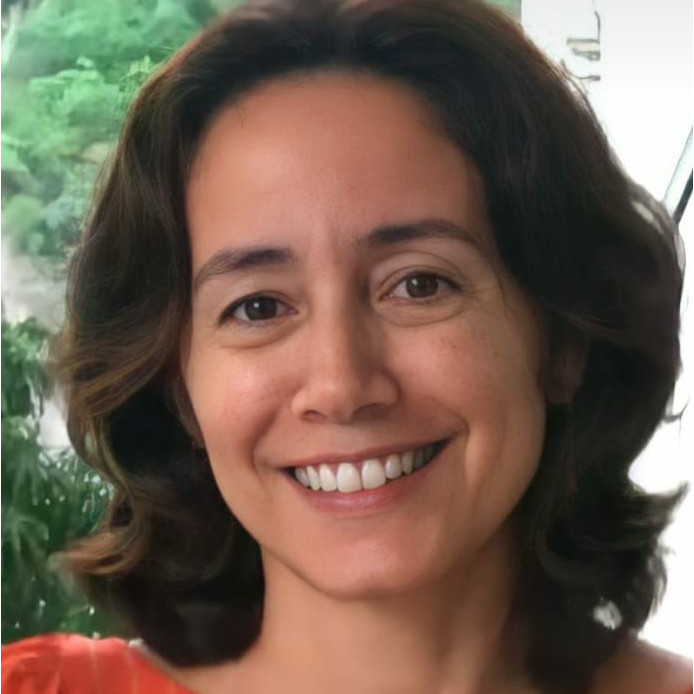
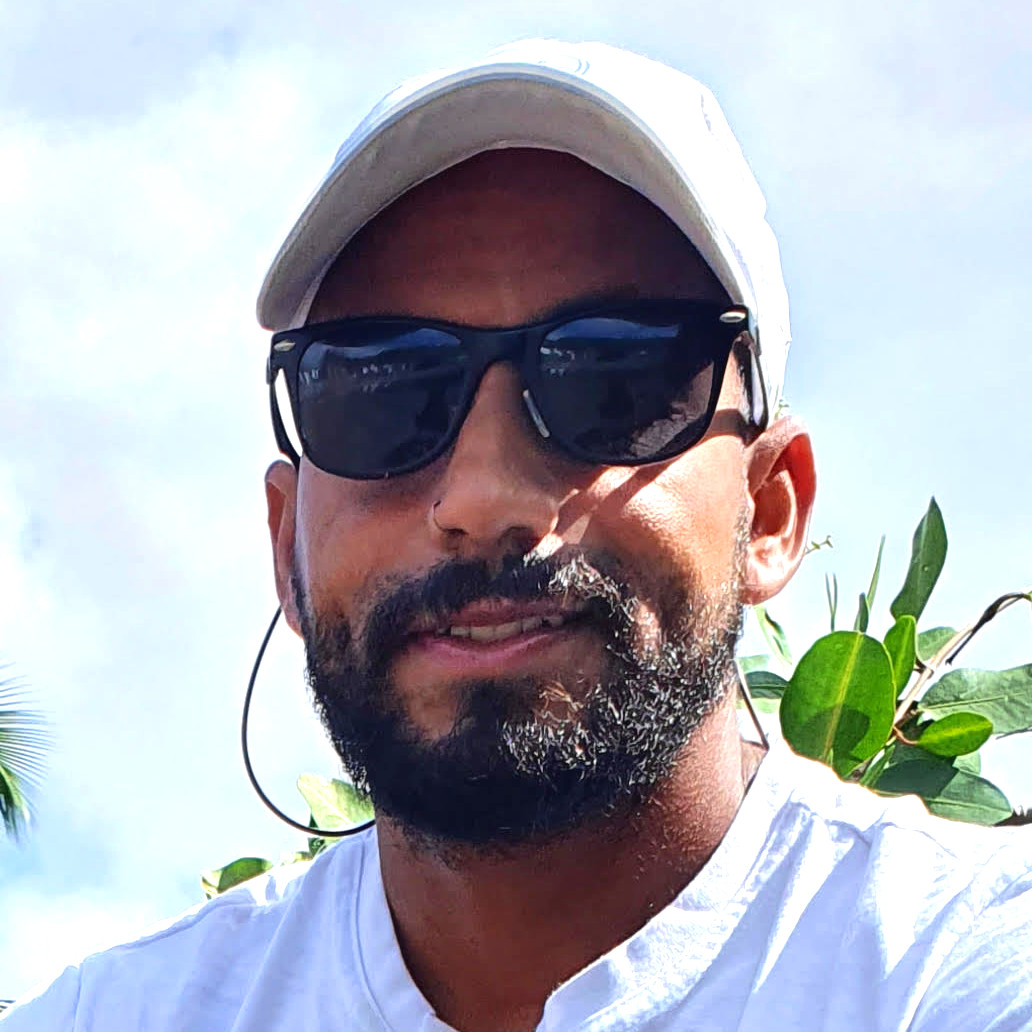
Márcio dos Santos
B.Sc. dos Santos is a surfer, fisherman and environmental activist. He has a B.Sc. in Design by Pontifical Catholic University of Rio de Janeiro. Co-founder of “Núcleo Maré”, a non-governmental organization focused on environmental solutions and education.
Lino Sander
Dr. Sander de Carvalho is a Physicist (UFMG-Brazil), with a M.Sc. degree and Ph.D. in Remote Sensing (INPE-Brazil). Currently interested in remote sensing of inland and coastal waters, atmospheric correction, hydrologic optics and environmental and human impact in inland and coastal waters, Dr. Sander de Carvalho is an adjunct professor at the Institute of Geosciences (UFRJ-Brazil) and one of the principal investigators of the Laboratory of Application of Environmental Satellites (LASA-UFRJ), dedicated to Water Quality, Hydrological Optics and Bio-Optical Model and Amazon Lakes Remote Sensing.
